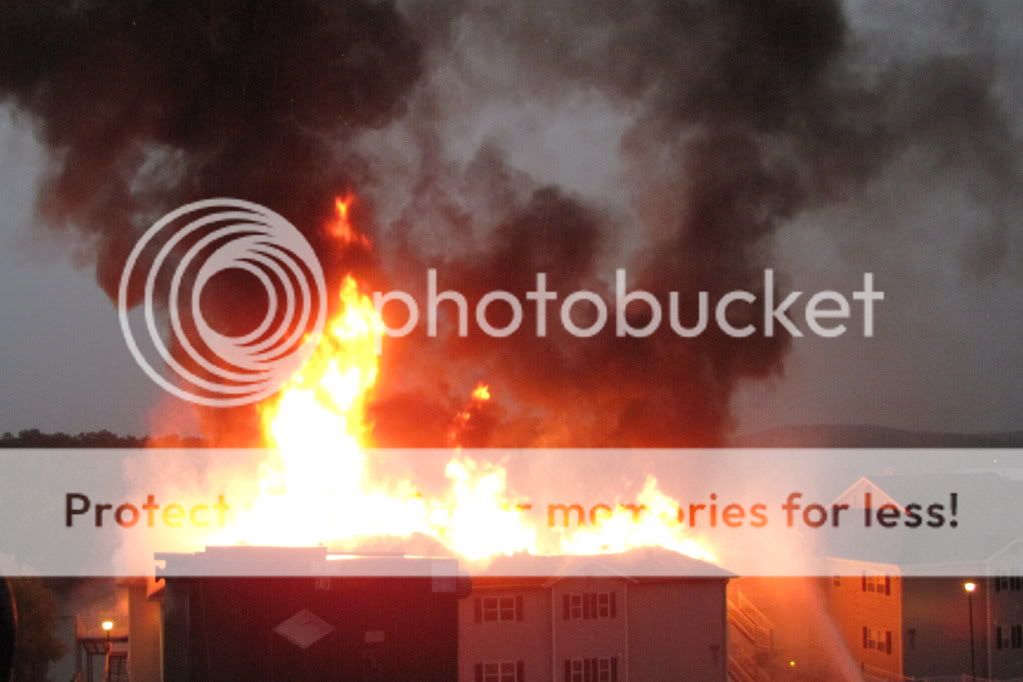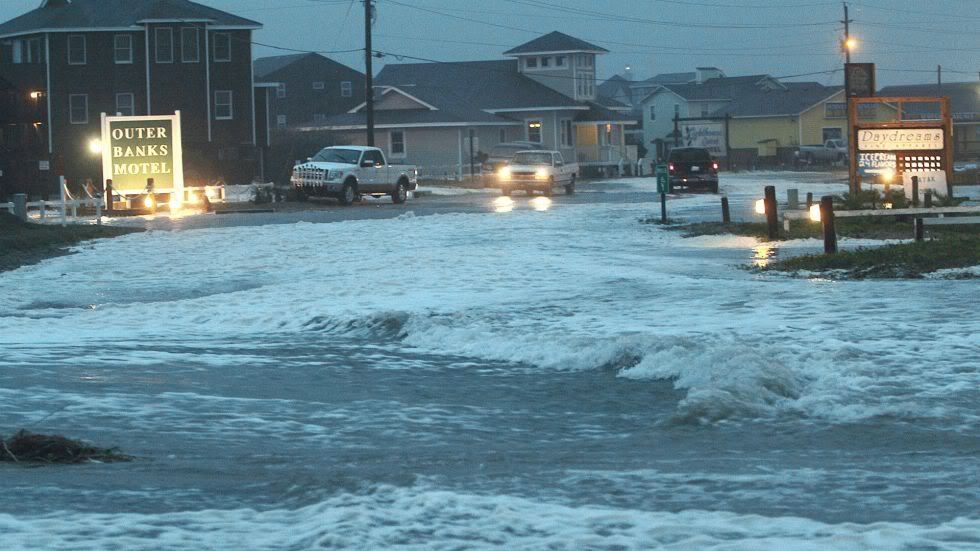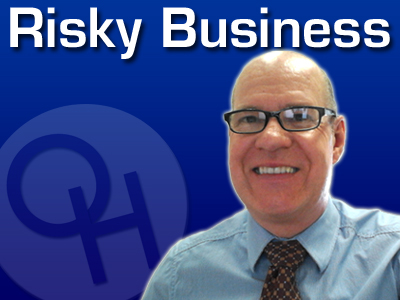Have you ever wondered what would happen if the unit next to you went up in flames or had a pipe that burst, severely damaging other units in your complex? It may not seem like something that could happen to you, but I’m here to tell you it can!
Imagine one day; the unthinkable happens. The woman next door was in such a hurry trying to get to work in the morning she left her stove on HIGH!! Her unit goes up in flames and all the units next to her are burnt to the ground. Including yours! You get home from work only to find your beautiful home in utter disarray. The final flames are being put out by the fire fighters. All your belongings… gone. You lost everything. Clothes, furniture, appliances, family photos…AND you just put in those new hardwood floors!
Not to worry, you purchased a comprehensive condo policy. Your insurance company will pick up the bill, but you might wonder, who’s going to pay to replace the building itself?
The condo corporation of course! Think again… they do have a policy set in place to cover the cost of rebuilding but who’s on the hook to pay the deductible to the condo corporation’s policy? Surprise! YOU ARE! And it’s not a small amount.
The condo corporation can ask every condo owner to cover the cost of their deductible. Sometimes you’re looking at anywhere between $5,000- $20,000 per condo owner. I don’t know about you, but I sure don’t have $20,000 sitting in the bank waiting to pay a deductible for fire I didn’t even cause!
So where do you go from here? Well there’s actually an easy fix! Some insurance companies will cover the cost of the condo corporation’s deductible under your own policy up to a certain limit.
Contact your local broker to discuss the coverage’s under your condominium policy.

















